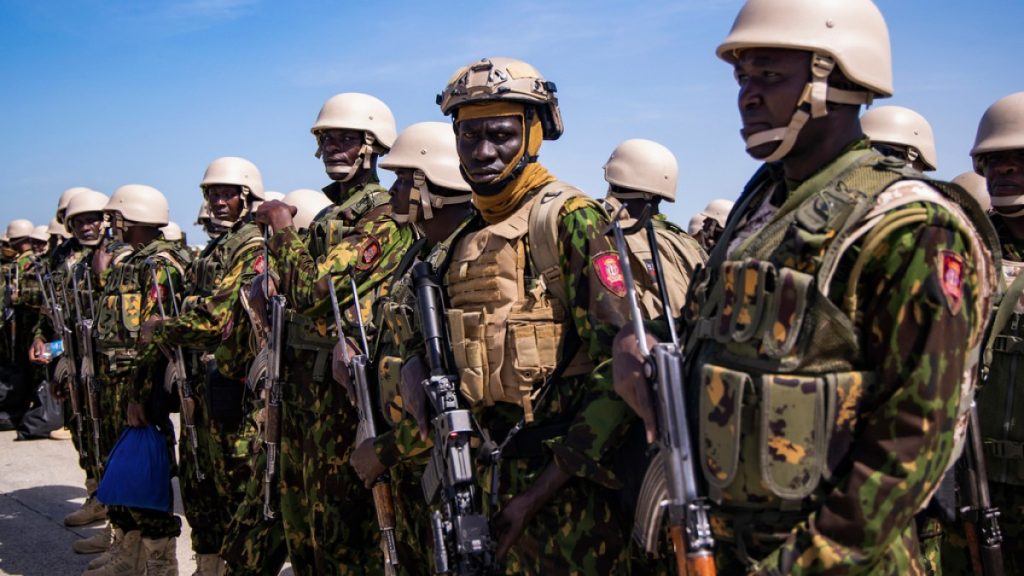The Haitian government has requested assistance from the United Nations to address the escalating influence of armed gangs in the country. In response, hundreds of Kenyan police officers have arrived in Haiti to start a mission aimed at curbing the power of these gangs. The arrival of the Kenyan officers marked the beginning of a UN-backed effort to address the widespread violence and turmoil caused by the gangs, which have taken control of more than 80 percent of the capital city of Port-au-Prince.
United States President Joe Biden expressed gratitude to the countries that have pledged personnel and financial support to the mission, including the US, which provided $360 million in assistance. However, the initiative has faced criticism and skepticism due to the lack of concrete details regarding the goals and actions of the mission. Critics have raised questions about the effectiveness of foreign interventions in Haiti, given the country’s history of such interventions and the challenges they have faced.
Haitian Prime Minister Garry Conille praised the international effort to combat the gangs, acknowledging the difficult times that the country is going through. He emphasized the importance of gradually retaking control of the country and restoring stability. The security adviser to the Kenyan President, Monica Juma, highlighted the role of the forces as agents of peace, stability, and hope in Haiti. However, concerns have been raised about the ability of the Kenyan police to manage the situation in Haiti, particularly in light of recent incidents of police violence in Kenya.
The international force in Haiti is expected to reach approximately 2,500 police officers from 15 different countries, with the Kenyan police being the first contingent to arrive. Previous UN missions in Haiti have faced criticism for their limited effectiveness and negative impact, including allegations of sexual assault and the spread of a cholera outbreak. Despite the efforts of previous missions, gangs in Haiti have continued to increase their influence, exacerbating violence and displacement on the island. The current situation in Haiti has led to a record number of people being displaced from their homes and widespread hunger affecting nearly half of the population.
There remains a pressing need for transparency and clarity regarding the goals and actions of the international mission in Haiti, as well as a focus on addressing the root causes of the instability and violence in the country. The international community must ensure that human rights are respected and prioritized in efforts to combat the influence of armed gangs and restore stability in Haiti. The success of the mission will depend on the collaboration and cooperation of all countries involved, as well as the support and engagement of the Haitian government and people in efforts to rebuild and strengthen the country.


